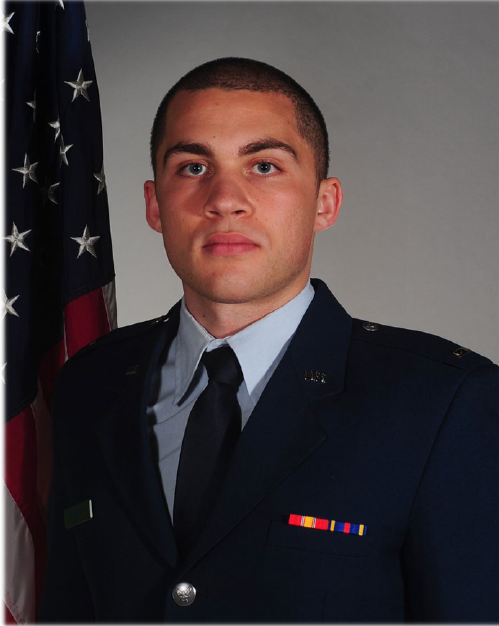Software Verification of Systematic Resampling for Optimization of Particle Filters
Systematic resampling is the most popularly used resampling method in particle filters. This paper seeks to further the understanding of systematic resampling by defining a formula made up of variables from the sampling equation and the particle weights. The formula is then verified via SPARK, a software verification language. The verified systematic resampling formula states that the minimum/maximum number of possible samples taken of a particle is equal to the floor/ceiling value of particle weight divided by the sampling interval, respectively. This allows for a creation of a randomness spectrum that each resampling method can fall within. Methods on the lower end e.g. systematic resampling have less randomness, thus, are quicker to reach an estimate. Although, lower randomness allows for error by having a larger bias towards the size of the weight; having this bias creates vulnerabilities to the noise in the environment e.g. jamming. Conclusively, this is the first step in characterizing each resampling method. This will allow target-tracking engineers to pick the best resampling method for their environment instead of choosing the most popularly used one.
Date and Time
Location
Hosts
Registration
-
 Add Event to Calendar
Add Event to Calendar
Loading virtual attendance info...
Speakers
 Lt Terry of United States Air Force
Lt Terry of United States Air Force
Software Verification of Systematic Resampling for Optimization of Particle Filters
Lt Osiris Terry is an enthusiastic and diligent leader with strong public speaking skills, analytical skills, organizational skills, people skills, and technical experience. He possesses the ability to adapt to new challenges and work independently or as part of a team.
Biography:
Lt Terry earned a M.S. degree in E.E. from AFIT in 2022. After graduation, he went to NASIC, where he worked as an analyst for airborne early warning systems—specializing in signal processing and radar modeling components. Lt Terry used his engineering skillset to aid in 4 top secret reports; his contributions have been presented at several joint force air intelligence conferences and MIT. Lt Terry has continued his research at AFIT, after graduation, which has resulted in one published report and two projected reports.
Email:

